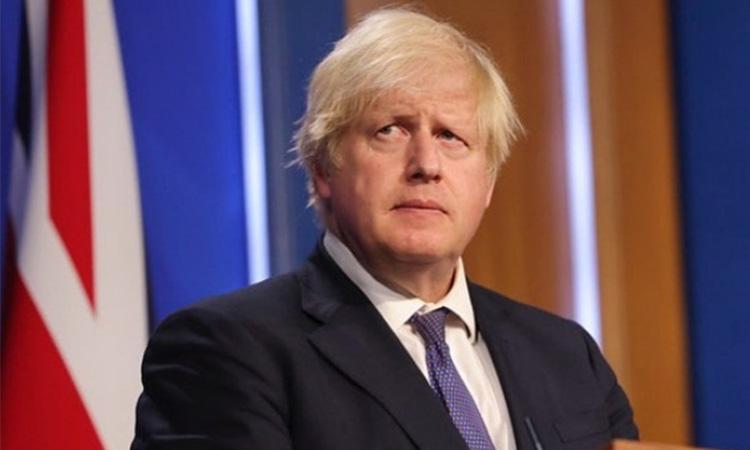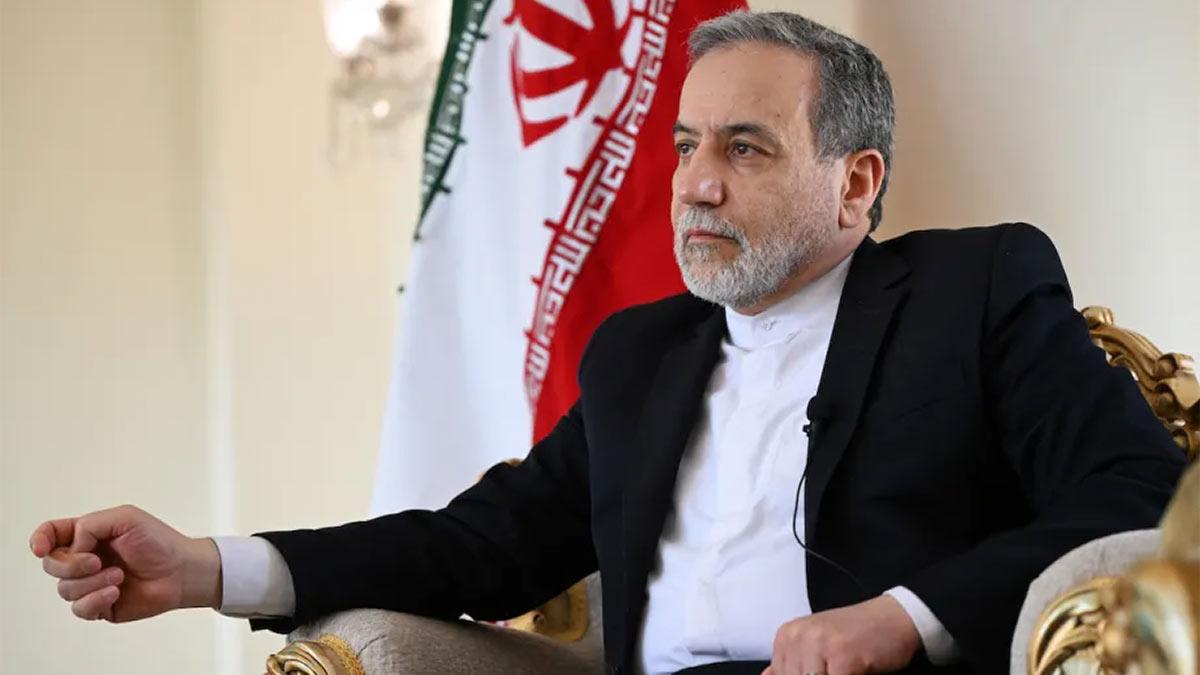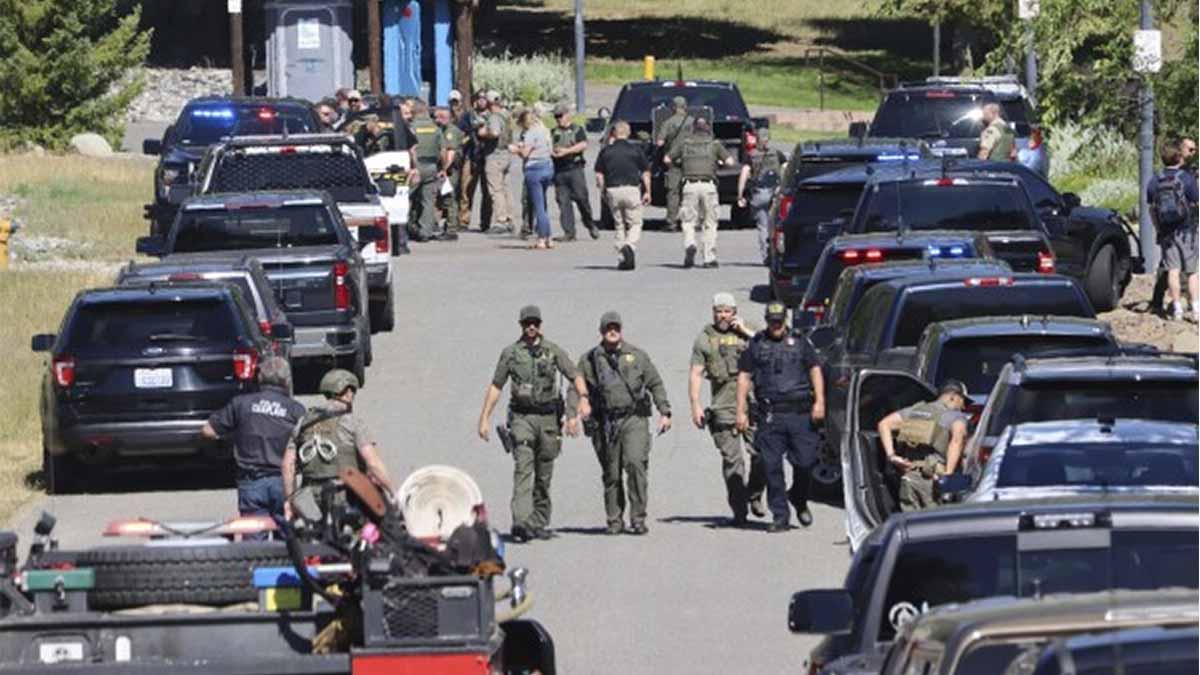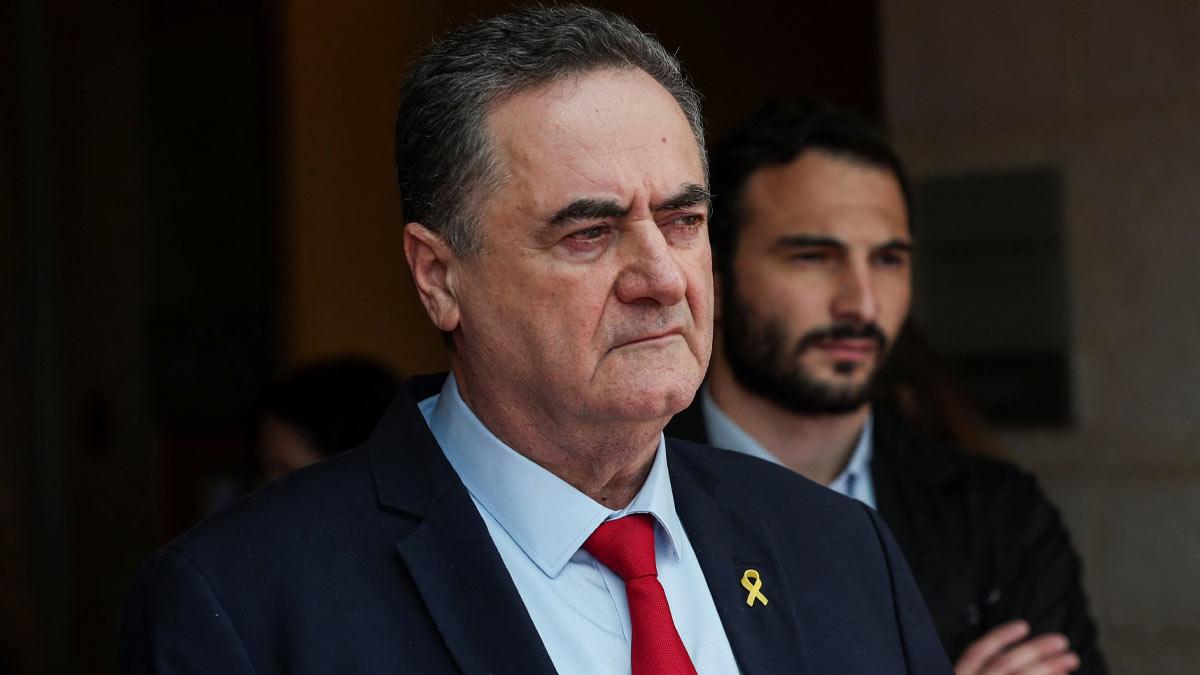British Prime Minister Boris Johnson has announced the end of all domestic Covid-19 restrictions in England in a process starting later this week.
The Prime Minister on Monday announced the lifting of all long-term coronavirus rules in Parliament as he unveiled the government's strategy for "living with Covid", Xinhua news agency reported.
The legal requirement for people who test positive for coronavirus to self-isolate will be removed from Thursday of this week, Johnson has announced.
"From April 1, when Winter is over and the virus will spread less easily, we will end free symptomatic and asymptomatic testing for the general public," he said.
Also Read | China media claims J-10C fighter jets to upgrade Pak defence industry
Johnson said it will mark a moment of pride after one of the most difficult periods in history as Britain begins to learn to live with Covid-19.
"The pandemic is not over but thanks to the incredible vaccine rollout we are now one step closer towards a return to normality and finally giving people back their freedoms while continuing to protect ourselves and others," he said.
More than 91 per cent of people aged 12 and over in Britain have had their first dose of vaccine and more than 85 per cent have received both doses, according to the latest figures.
More than 66 per cent have received booster jabs, or the third dose of a coronavirus vaccine.
Also Read | Trump launches his Twitter-alike app Truth Social on iOS
"Britain will move from government restrictions to personal responsibility," said Johnson, adding contingencies will be maintained to tackle any future virus variations.
Saying people in Britain need to get their confidence back, Johnson added: "We chose to compel people to be considerate to others. We can rely on that sense of responsibility towards one another by providing practical advice in the knowledge that people will follow it to avoid infecting loved ones."
He said Britain's aim would be to manage future risks.
However, leading academics, medics and scientists expressed concern about the move, with many saying it is too early to ease restrictions while so many daily cases and deaths continue to be registered.
More than 1,300 scientists and medics have sent an urgent message to Britain's top two government medical advisers, England's Chief Medical Officer Professor Chris Whitty and Chief Scientific Officer Professor Patrick Vallance, expressing concern about the government plans to end testing, surveillance surveys and legal isolation of Covid-19 cases.
They called on the two to clarify the scientific advice underpinning the policy decisions.
They said in an open letter: "We do not believe there is a solid scientific basis for the policy. It is almost certain to increase the circulation of the virus and remove the visibility of emerging variants of concern. We believe humanity is in a race against the virus."
"The government cannot wave a magic wand and pretend the threat has disappeared entirely," said Matthew Taylor, chief executive of the National Health Service (NHS) Confederation.
In what some have speculated could be the last ever Downing Street Covid-19 briefing on Monday, Vallance started on a downbeat tone, with a warning the pandemic is not over and "the virus has got a lot of room to evolve".
It will continue to do so at a fast pace "probably for the next couple of years" and there is "no guarantee that the next variant is of as reduced severity as Omicron".
"And we must maintain the ability to get everything going again within a "couple of weeks," he said.
The British Medical Association (BMA) which represents doctors across the country said ending the restrictions was premature and not based on current evidence.
The BMA, often described as the doctor's "trade union" warned dropping testing for the virus and self-isolation could lead to a surge in cases.
Dr Chaand Nagpaul, chair of the BMA council, said the decision hasn't been guided by data or done in consultation with the healthcare profession.
Nagpaul said Covid-19 infections need to fall further before the rules were relaxed.
"It does appear as if the government is trying to pretend that Covid doesn't exist in the day-to-day lives of so many people," he said.
Scientists working together, in a body known as Independent SAGE, to provide independent scientific advice on the Covid-19 crisis, has condemned plans to stop free tests and payments to support self-isolation in England.
"Our concerns about removing access to free tests include increased risk of spread of Omicron and any subsequent variants, leading to more illness, death and burden on the NHS and more risk of new variants emerging," said Independent Sage.
As of Monday, Britain had recorded 18,654,572 Covid-19 cases and 160,610 related deaths, according to official figures.


















